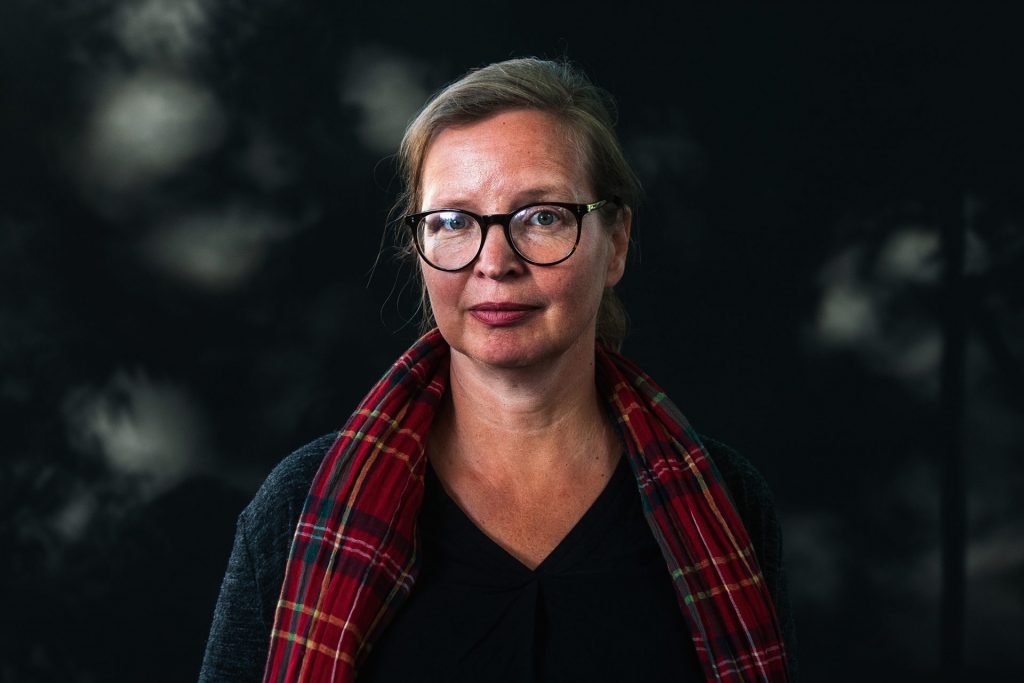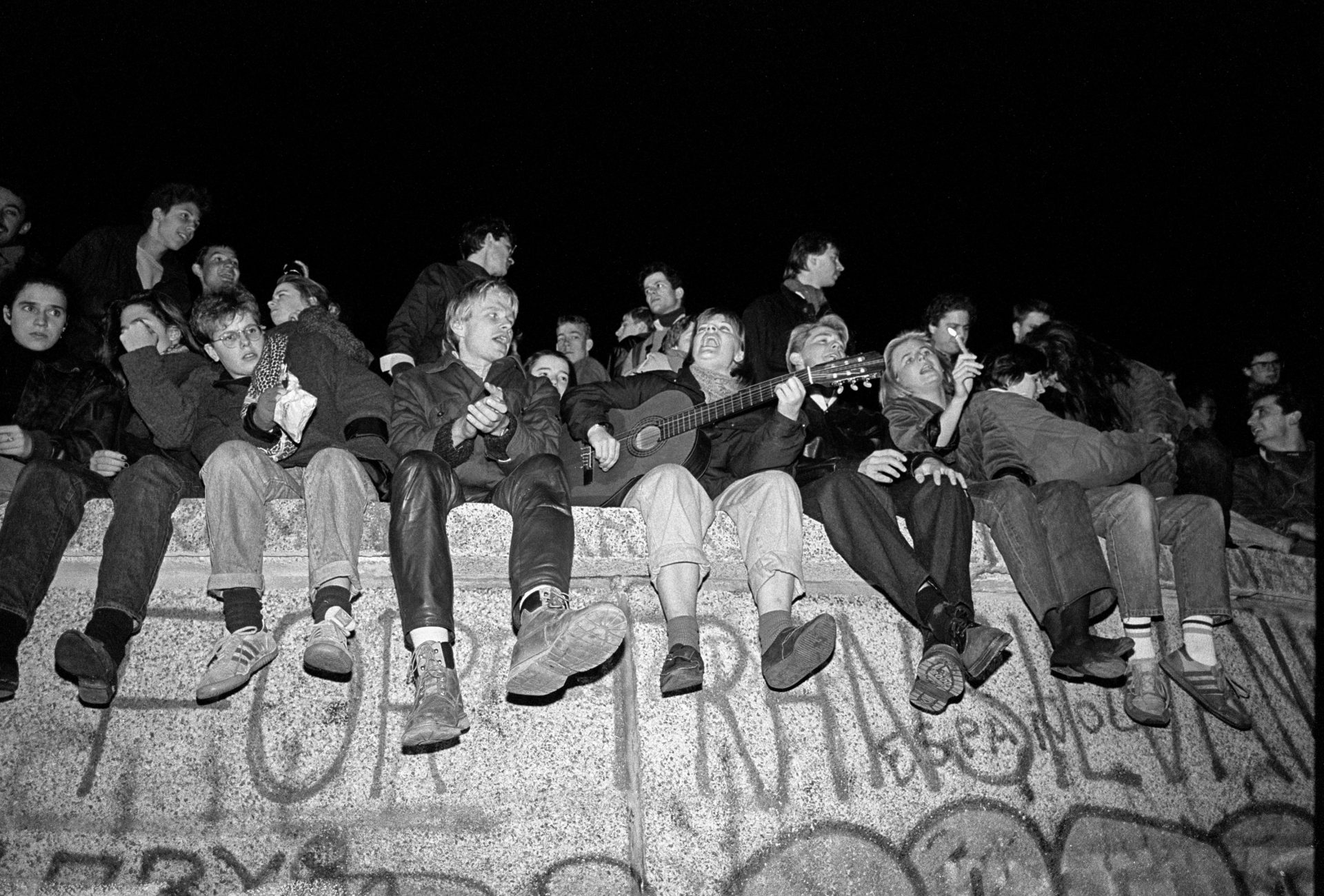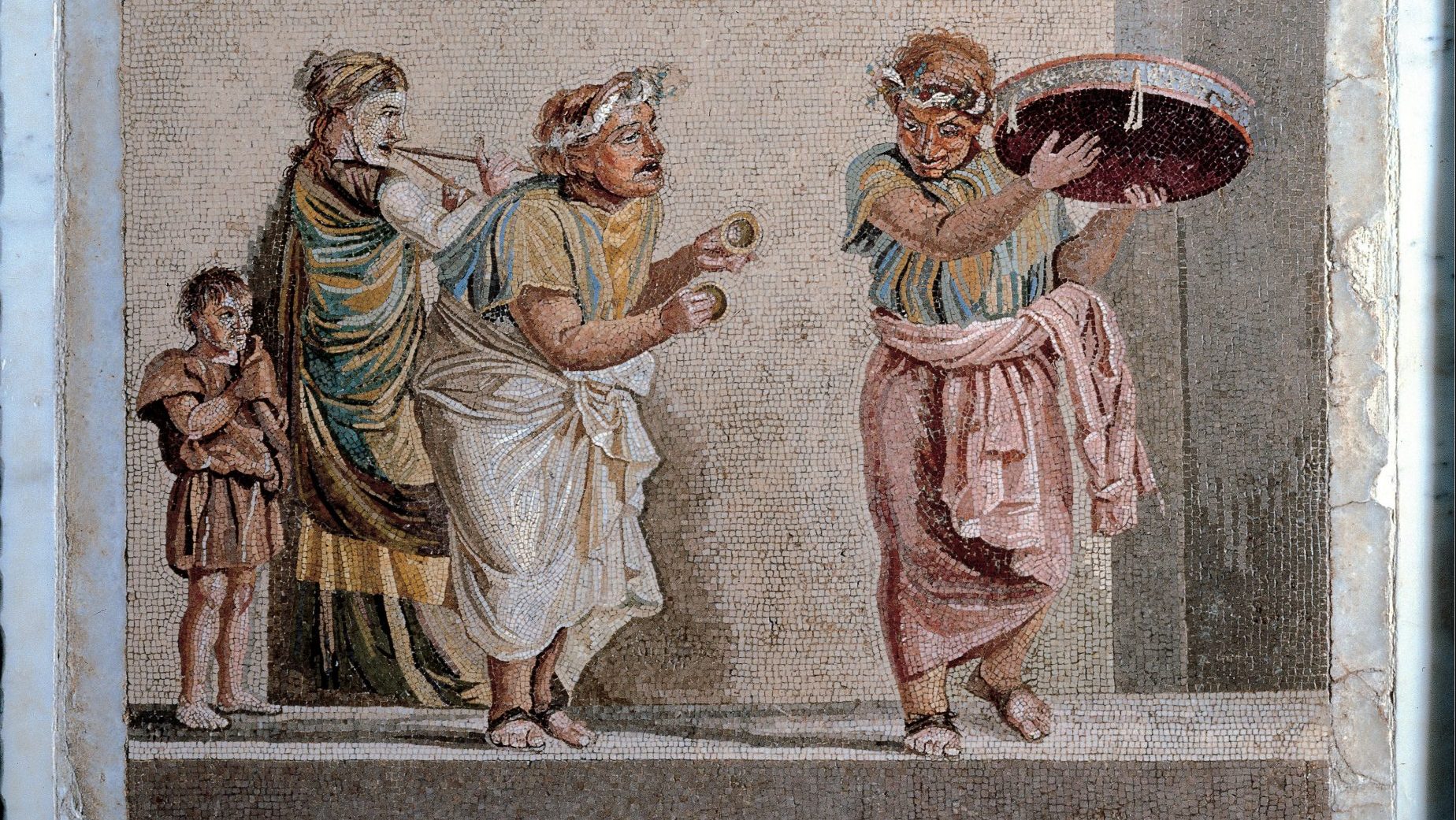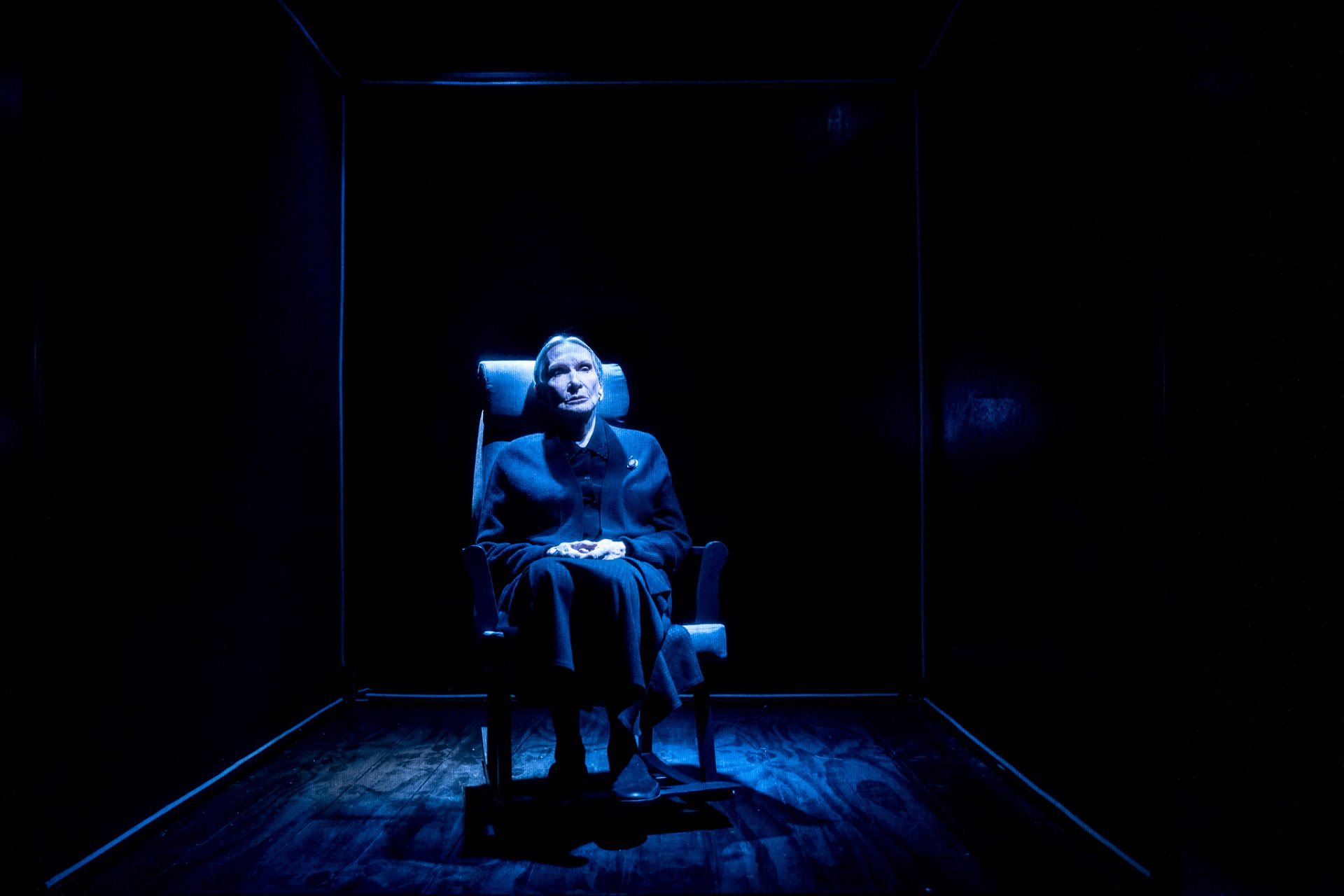Thirty-two years ago this month, stunned East and West Germans were still coming to terms with the fall of the Berlin Wall.
Footage of the night of November 9, 1989, had been flashed all around the world, showing people sitting astride the wall, one leg dangling in the west, the other in the east, chipping cheerfully away at the brickwork while equally-as bewildered crowds delightedly streamed through unguarded checkpoints.
The days following that joyous night only confirmed how the Germans were one people again but still two very different nations – united but not yet unified.
The streets of West Berlin echoed with the throaty chuckle of Trabant engines as Ossis explored parts of their city that had been closed off to them for nearly three decades, while Wessis wandered warily into the eastern half of the city like disaster tourists.
There was excited talk of a new Germany, of the oppressed east joining the west in a new era of freedom. All the talk was of freedom but while the word was on everyone’s lips there didn’t seem to be much discussion on what that freedom might actually involve.
The narrative of the past 30 years has always been that East Germans, suddenly as prosperous as their western counterparts, fell moist-eyed and willing into the arms of consumerism, giddy with choice, dizzy with gratitude for access to the sheer plenty they had been denied for so long.
Yet look beneath the catch-all term “freedom” and what do we find? In the months after the wall came down, a currency union pegged eastern and western marks at equal
value, eliminating the exchange rate and, at a stroke, making East German goods effectively four times more expensive – all but destroying the GDR’s export market.
Despite early talk of keeping East German assets in public ownership, 85% were bought by West Germans and many closed down as they were uncompetitive. Some 80% of agricultural workers found themselves out of a job as westerners bought up swathes of land while two million claims on properties in East Germany were filed as people in the west sought to regain homes and assets lost when the Iron Curtain clanged shut.
It didn’t take long for the optimism of that night in November 1989 to be battered into submission by the realities of western capitalism.
Look as hard as you like into the crowds of mullets, perms, shell suits and double denim dominating the footage taken on the night the wall fell and you won’t find Jenny Erpenbeck among them.
One of the greatest contemporary writers to come out of the GDR, Erpenbeck has emerged from the faintly patronising umbrella of the Fräuleinwunder, a term coined by a (male) literary critic for a clutch of young women novelists who found success in the early years of reunified Germany, to be spoken of as a genuine contender for the Nobel Prize for literature.
You might think that Erpenbeck, who was 22 when the wall came down, would have vivid memories of that symbolic night. As an East Berliner born and raised, she would surely have been in the thick of the crowds, scaling the wall or bursting through checkpoints to tearfully embrace her peers on the other side.
“I spent that evening with friends, just a few blocks from where history was being made,” she writes, “then, I slept. I literally slept through that moment of world history, and while I was asleep the pot wasn’t just being stirred, it was being knocked over and smashed to bits. The next morning I learned we didn’t even need pots any more.”
It’s an anecdote characteristic of one of Europe’s most fascinating contemporary voices, someone who writes from the centre of things while retaining a wry detachment.
Her three novels – translated into English as Visitation, The End of Days and Go, Went, Gone – are slim but far from slight, packing perceptive takes on Germany’s past and present in concise, affecting prose. Visitation, for example, which charts the story of generations passing through a lakeside house in Brandenburg, crams almost a century of political, social and family tribulations into fewer than 150 pages.
The story of how Erpenbeck blissfully snoozed away the night her city, country and continent changed for ever is taken from Not A Novel: Collected Writings and Reflections, an anthology of essays, articles and speeches written and given between 1999 and 2016.
As with her novels, it’s a slim volume (the German edition is far more extensive but Granta has left out chapters whose subjects would mean nothing to English language readers), and one that combines personal memoir, literary criticism and social commentary.
Her essays on writers such as Hans Fallada and Walter Kempowski are illuminating but the strength of this collection is in how it upends many of our perceptions of life in the GDR and what the fall of the Berlin Wall means to those who experienced it – awake or asleep.

Erpenbeck grew up almost in the shadow of the wall: her father’s career as a prominent scientist philosopher and her mother’s as a renowned translator from Arabic meant the family were granted accommodation close to it, a privilege in East Berlin.
From the balcony and from her school, she could see the clock on the offices of the Berliner Zeitung in West Berlin and “read the time for my socialist life from this clock in the other world”.
In all her writing, fiction and non-fiction, there is this sense of being at the centre of things yet still detached. The playgrounds of her childhood always seemed to be at the terminus of a bus route, or on streets truncated by the wall and leading nowhere.
She tells of how her first boyfriend took her to the then-derelict Museum Island, where a birch tree grew out of the ground floor of one of the buildings and the only way to reach the first floor was to climb it and step on to an expanse where “a white Venus stands in front of the burned out windows of the gallery. There is nothing better for a child than to grow up at the ends of the Earth”.
Erpenbeck certainly doesn’t defend the regime under which she lived, but she does defend its people. Hers has been a life divided into two very different parts in two very different countries within the same city and she’s keen to restore the dignity of life in East Berlin before reunification. While this is no exercise in Ostalgie, the warm romanticising of aspects of life in the GDR, the personal essays in this collection are a valuable reminder that East Germans had agency in their every day.
One of the most striking passages describes how a few weeks after the wall came down, Erpenbeck saw a truck from West Berlin parked in East Berlin from which a man was giving out rolls of Christmas wrapping paper to a gathering crowd. Acknowledging how the man meant well, for Erpenbeck this wasn’t something you’d see in a society of equals.
“For me, his gesture, as he handed down those rolls of paper from the tailgate, embodied the whole misery of our inequality,” she writes. “Most of all, it carried the message: ‘I am above and you are below. I come from another world, and I will only be here for a little while’.”
If this was freedom, it seems, it didn’t come with equality – something Erpenbeck recognises in the modern world.
The layering of the past beneath the present is a key theme of this collection, most overtly in a moving essay in which she visits the site of her recently demolished childhood school and conjures memories from the rubble, but most tellingly in the two final essays that concern the refugee crisis.
Her 2015 novel Go, Went, Gone described the challenges facing Syrian refugees and was published just as Angela Merkel opened German borders to accept an influx of those fleeing the region.
Erpenbeck writes a moving tribute after the death of a Nigerian refugee turned-campaigner she’d got to know while researching the novel and meditates on the concept of freedom. “Why do we still hear laments for the Germans who died attempting to flee over the wall but almost none for the countless refugees who have drowned in the Mediterranean in recent years, turning the sea into a giant grave?” she asks. “Why is it that the opening of the border in 1989 was something wonderful, but today voices cry out for new and stronger borders? What is the difference between these two groups of people who aspire to a new life, to this thing we call ‘freedom’?”
The past remains all around Jenny Erpenbeck, constraining her freedom and illustrating a legacy of hypocrisy and inequality, from the rubble of the Berlin Wall to the rusty overcrowded tubs setting out across the Mediterranean.
Not A Novel: Collected Writings and Reflections by Jenny Erpenbeck, trans. Kurt Beals, is published by Granta, price £9.99
A European Library
A weekly selection of fiction and non-fiction, new and old, to build a comprehensive literary portrait of our continent.
THIS DAY IN IRISH HISTORY, Padraic Coffey (O’Brien Press, £17.99)
For a small, rainy island on the fringe of the continent, Ireland has been remarkably prominent in the history of Europe. Its story is complex and frequently controversial, but Padraic Coffey’s @ThisDayIrish Twitter account, providing daily snippets of Ireland’s key political, social, cultural and sporting moments, is a perfect mix of ups, downs, highs and heartbreaks. It’s an idea that cried out for a book and Coffey has more than stepped up to the plate. From U2’s first television appearance through Strongbow landing at Carrickfergus to the Provisional IRA ceasefire via James Joyce, Roy Keane and John F. Kennedy this is an absorbing chronicle and celebration of a remarkable nation.




